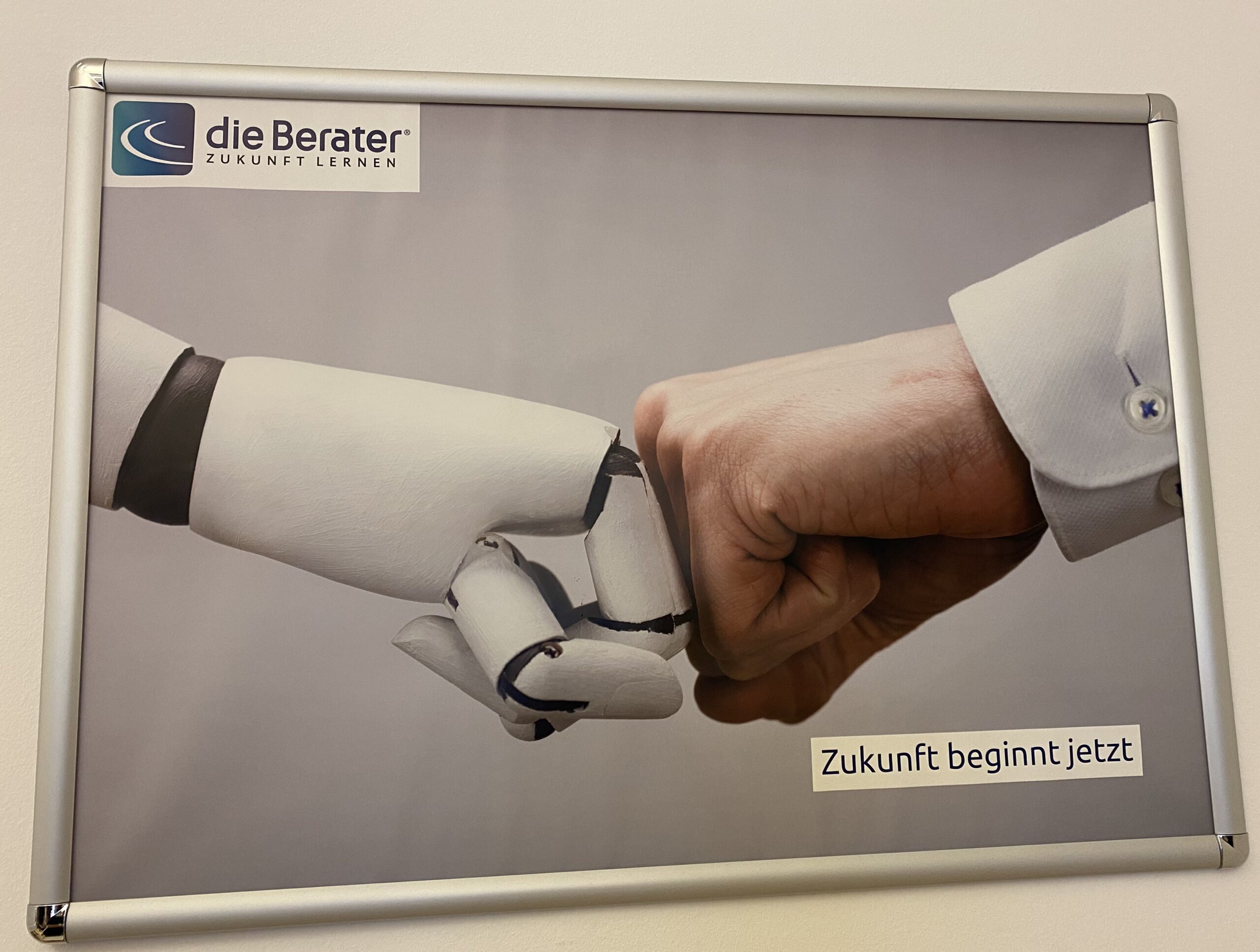By die Berater
Corporate Social Responsibility (CSR) has gained widespread attention in recent years, with companies of all sizes committing to socially responsible practices. This shift reflects the growing recognition that businesses are not solely engines for producing goods and services but have a profound impact on society. The rise of Environmental, Social, and Governance (ESG) frameworks highlights this responsibility, urging companies to prioritise sustainability and ethical governance alongside financial goals.
However, while CSR commitments are rising, many initiatives lack coordination and fail to connect meaningfully to a company’s core purpose, stakeholder values, and the specific needs of the communities they operate in (Rangan et al., 2015). When CSR activities do not take into account the needs of local communities, they risk becoming isolated acts without lasting impact. Well-implemented CSR can have significant positive effects on community development but without these efforts being grounded in local needs, they miss out on their full potential to create “shared value” that benefits both business and community.
Many companies still overlook the potential positive impact on local communities that CSR measures can make (Masum et al., 2020). This community connection is particularly relevant for small and medium-sized enterprises (SMEs), where the success of the business is often intertwined with the well-being of the communities they serve. By understanding and responding to local priorities, SMEs can not only strengthen the impact of their CSR initiatives but also enhance their reputation, build trust, and improve local support. A company that contributes meaningfully to its community is likely to see gains in brand loyalty, employee engagement, and even operational sustainability.
In practice, however, SMEs underutilise this opportunity. A recent survey of European SMEs (Dell’Atti & Bonacossa, 2024) revealed that many engage in CSR only superficially, often maintaining brief or transactional relationships with community stakeholders. Companies frequently lack a comprehensive understanding of community needs, and insufficient communication with the community can leave CSR initiatives out of touch. Additionally, a shortage of in-house expertise in social impact assessment and community engagement can limit the effectiveness of these efforts.
One promising approach to bridging this gap is the creation of dedicated roles, such as a Social Impact Manager, tasked with aligning corporate objectives to local needs. By focusing on sustainable community engagement, this role ensures that CSR initiatives are relevant, impactful, and integrated with broader business goals. Through such targeted engagement, companies can transform CSR from a disconnected series of efforts into a cohesive strategy that contributes meaningfully to community development.
References:
- Dell’Atti, Antonio; Bonacossa, Roberta (2024), “CSR & Community Development: A comprehensive analysis.” https://simproject.eu/engage accessed on 04/11/2024.
- Masum, Ahmad; Hanan, Hajah; Awang, Haji; Aziz, Abdul (2020),” Corporate Social Responsibility and its Effect on Community Development: An Overview.” IOSR Journal of Business and Management (IOSR-JBM), 22(1), pp. 35-40.
- Rangan, V. Kasturi; Chase, Lisa; Karim, Sohel (2015), “The Truth About CSR.” Harvard Business Review, Jan-Feb 2015. https://hbr.org/2015/01/the-truth- about-csr Accessed on 04/11/2024.
First published in New Ideas New Goals, Magazine no.6 | 2024: 6th edition – IgnitorHub
DIE BERATER Profile
The core competence of “die Berater” Unternehmensberatungs GmbH (www.dieberater.com) is adult education and training. dieBerater® offers holistic consulting to employees and managers and is specialised in transversal competence development, language courses and IT seminars, as well as vocational programmes. Their portfolio is targeted at individuals, companies of all sizes and industries, as well as the public sector, e.g. the Austrian Employment Service (AMS), ministries, the European Commission, and other stakeholders of the education system.

